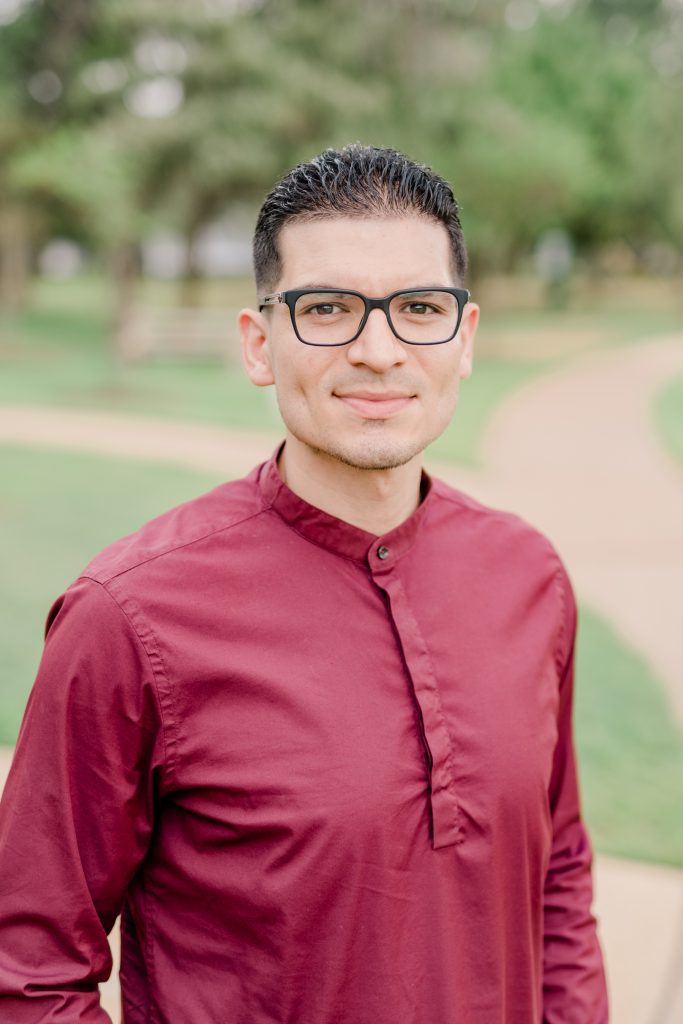
Congratulations to Dr. Jason Campos for successfully defending his dissertation, "The Barrio Lives On: Social Constructions of Criminality and Resistance in a Gentrified San Diego Community." Dr. Robert Durán chaired the committee, with Drs. Holly Foster, Nancy Plankey-Videla, and Felipe Hinojosa (History) rounding out the committee.
Dr. Campos' dissertation examines the production of criminality and the emergence of community-based resistance in Logan Heights (also known as Barrio Logan), a Mexican American neighborhood in San Diego, California. Over a two-year period, Dr. Campos conducted over 100 hours of ethnographic fieldwork at key community sites and conducted 38 interviews with residents, organizational leaders, activists, business owners, and law enforcement personnel. This was supplemented with analysis of local crime and gang statistics, demographic data, and 20 years of National Crime Victimization Survey (NCVS) data. These sources were triangulated to examine how community narratives related to official data and national patterns. Using a mixed methods design, Dr. Campos examined how perceptions of criminality shape enforcement practices and community experiences, and how residents navigate systems of exclusion while maintaining cultural identity and community presence amid decades of displacement efforts and intensive policing.
Findings reveal that perceived criminality, particularly surrounding gang affiliation, persists in neighborhood narratives even as crime rates have declined. Although few residents reporting direct victimization by gang members, gang discourse remains a dominant framework through which crime and safety are interpreted. This study identifies three key mechanisms by which criminalization operates: the endurance of racialized gang labels, the legitimization of enforcement through safety concerns, and the internalization of stigma within the neighborhood. Dr. Campos demonstrates how these contemporary processes are rooted in colonial logics of displacement and control, manifested through urban planning decisions that have systematically isolated and marginalized the community over decades. At the same time, he documents multi-layered resistance practices rooted in organizational infrastructure, community-based practices of care, and pride-driven narratives that challenge dominant portrayals of the barrio. This study challenges assumptions about Latina/o criminality by demonstrating the disconnect between perceptions and empirical realities, while highlighting the socio-structural conditions that sustain exclusion. The findings offer a place-based framework for understanding how punitive systems are implemented and the forms of resistance that emerge in response. Policy recommendations underscore the need for community-specific approaches that center lived experience, local histories, and structural inequalities.
Congratulations, Dr. Campos!
